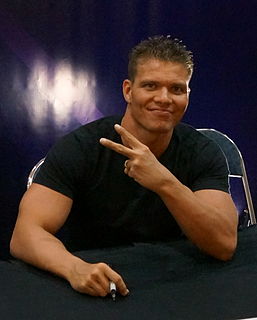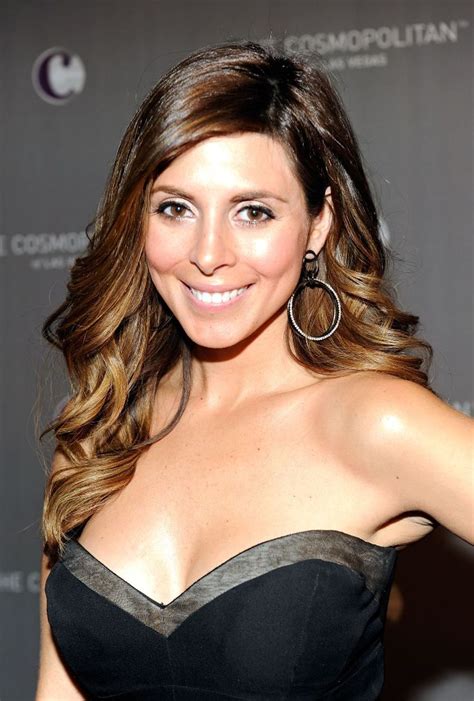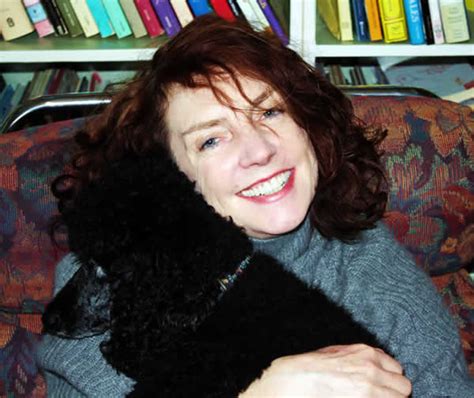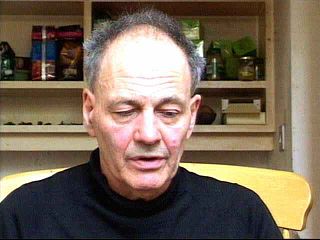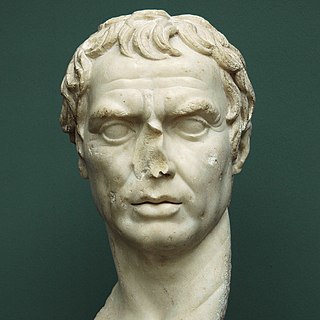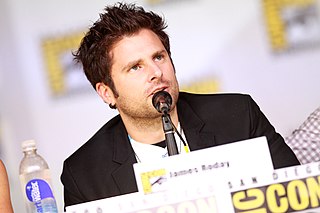A Quote by Marvin Minsky
It would be as useless to perceive how things 'actually look' as it would be to watch the random dots on untuned television screens.
Related Quotes
I may have disparaged the idea that people are looking at films on smaller and smaller screens... it's a shame that people have to watch DVDs with the lights on in a television-type situation where people are wandering in and out of the room. Movies are different from television, and you cannot watch movies like television. It distorts it.
I've always wondered what it would be like if the Messiah, or Christ Returned, were actually alive and living in our society; who would that person be, how we would identify them, how would they live and what would they believe in, how would society react to them? I decided to try and tell my idea of that story.
You'd expect, as good Darwinian creatures, we would evolve to be fascinated with how the world really is, and we would use language to convey real-world information, we'd be obsessed with knowing the way things are, and we would entirely reject stories that aren't true. They're useless. But that's not the way we work.
When we were small, Rose and I used to play a game called connect the dots. I loved it. I loved drawing a line from dot number 1 to dot number 2 and so on. Most of all, I loved the moment when the chaotic sprinkle of dots resolved itself into a picture. That's what stories do. They connect the random dots of life into a picture. But it's all an illusion. Just try to connect the dots of life. You'll end up with a lunatic scribble.
I used to watch those syndicated, black-and-white Country Music Television shows from the '60s with my dad. And all of those people that played on our television set, they just felt like family to me. And I believed in my heart, as a little kid, that I would be doing that someday and I would know all those people and we would be friends.
It's no accident that Julia Child appeared on public television - or educational television, as it used to be called. On a commercial network, a program that actually inspired viewers to get off the couch and spend an hour cooking a meal would be a commercial disaster, for it would mean they were turning off the television to do something else.
When he came to television, there was no way I wasn't going to watch. Of course, he delivered everything that you would expect David Lynch to deliver, and more, and he was doing it in primetime network television. Even as a 14-year old, I wanted someone in the room with me that I could look over and say, 'Can you believe we're watching this?'
There seems to be something in the zeitgeist, and maybe it's a function of - I'm no analyst, nor am I a psychologist - when you look at things and say, What if I could go back and change things? I think we live in a world right now where people are asking those questions a lot. What if we could go back and change what we did? How would we change the way we handled things in the Middle East, and how would we change things with the banking industry, and how would we change economic and educational issues?
I'm very interested in the question of how we perceive something, how consciousness goes from one thing, like looking at you in your black hat to what it might mean to my imagination and how I would draw that or write that, how I would subjectify you? It's something that is endlessly interesting to me.
I have three kids. Now they're all grown up, but when they were little, every time I would start a new project, they would say, 'So dad, are you making a movie we can watch or one we cannot watch?' That's the kind of stuff they would ask. People around me - family and friends - usually know when to watch and when not to watch.

